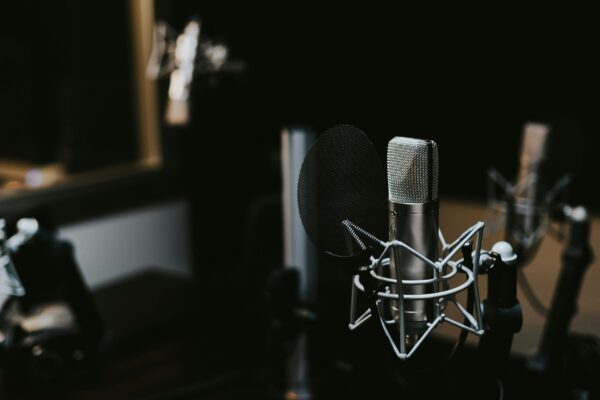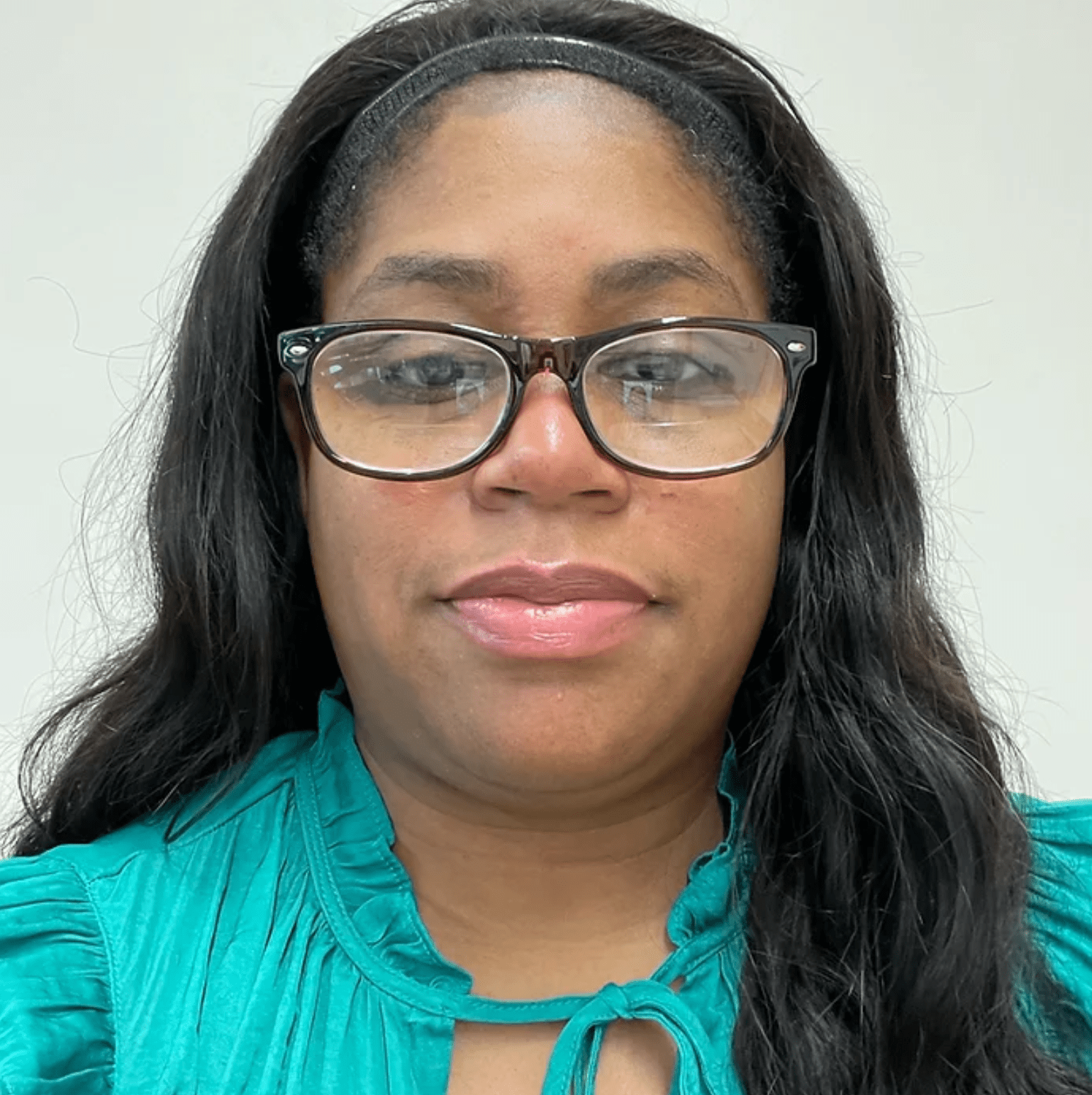
Classtimes
Class-time will be coordinated
Course Type
Description
Introduction to Podcasting is a dynamic and interactive course designed for 9th-grade students to explore the art and science of podcasting. This course provides students with the opportunity to develop their communication, research, and technical skills through the creation and production of original podcasts. Students will learn the fundamentals of podcasting, including topic selection, scriptwriting, interviewing techniques, audio recording, editing, and distribution. By the end of the course, students will have produced their own podcast episodes, showcasing their ability to inform, entertain, and engage an audience.
State Standards
English Language Arts (ELA)
Reading Standards
Analyzing Texts:
- Grades 9-10: Analyze how an author unfolds an analysis or series of ideas or events, including the order in which the points are made.
- Grades 11-12: Analyze a complex set of ideas or sequence of events and explain how specific individuals, ideas, or events interact and develop.
Writing Standards
Writing Narratives:
- Grades 9-10: Write narratives to develop real or imagined experiences or events using effective technique, well-chosen details, and well-structured event sequences.
- Grades 11-12: Develop and strengthen writing as needed by planning, revising, editing, rewriting, or trying a new approach.
Speaking and Listening Standards
Comprehension and Collaboration:
- Grades 9-10: Initiate and participate effectively in a range of collaborative discussions with diverse partners on grades 9-10 topics, texts, and issues.
- Grades 11-12: Integrate multiple sources of information presented in diverse formats and media in order to make informed decisions and solve problems.
Science
Scientific Practices
- Communication of Scientific Information: Use oral and written communication to share and defend scientific information, arguments, and explanations.
Crosscutting Concepts
- Patterns; Cause and Effect: Identify patterns in data to make inferences about cause-and-effect relationships.
History/Social Science
Historical and Social Science Skills
- Historical Research, Evidence, and Point of View: Analyze evidence from historical sources to support historical arguments.
- Historical Interpretation: Compare the present with the past, evaluating the consequences of past events and decisions.
Supports Available to Students
Tier 1 (Supports provided to ALL students)
Objective: Ensure all students have access to foundational materials and resources to support their learning in podcasting.
- Comprehensive Lesson Plans:
- Description: Detailed lesson plans that outline objectives, activities, and assessments for each class.
- Example: A step-by-step guide to creating a podcast episode, including planning, scriptwriting, recording, editing, and publishing. Each step is broken down into manageable tasks with clear instructions and expected outcomes.
- Engaging Multimedia Resources:
- Description: Utilize a variety of multimedia resources to cater to different learning styles and keep students engaged.
- Example: Video tutorials on using audio editing software like Audacity or GarageBand, and sample podcast episodes showcasing different genres and techniques.
- Interactive Online Platform:
- Description: An online platform where students can access materials, submit assignments, and collaborate.
- Example: A class website or Learning Management System (LMS) like Google Classroom where students can find all necessary resources, upload their work, participate in discussion forums, and receive feedback.
Tier 2 (Supports provided to targeted SMALLER groups of students)
Objective: Provide additional resources and differentiated instruction to students who need extra help to master the content.
- Supplemental Guides and Tutorials:
- Description: Additional guides and video tutorials that provide more detailed explanations or alternative approaches to key concepts.
- Example: A detailed guide on scriptwriting for podcasts, including examples of different script formats and techniques for creating engaging content. Supplemental video tutorials on advanced audio editing techniques.
- Small Group Workshops:
- Description: Workshops focused on specific skills or topics where students can receive more personalized instruction.
- Example: A workshop on conducting effective interviews for podcasts, where students practice interviewing techniques in small groups and receive feedback. Another workshop could focus on troubleshooting common audio recording issues.
- Modified Assignments:
- Description: Adapt assignments to meet the needs of students who require additional support.
- Example: Provide scaffolded assignments where complex tasks are broken down into simpler steps with additional guidance. For instance, a simplified podcast project that focuses on creating a short segment rather than a full episode, with more structured templates and checklists.
Tier 3 (Intensive supports provided to SMALL groups or INDIVIDUAL students)
Objective: Offer intensive, individualized support to students who face significant challenges in the class.
- One-on-One Instruction:
- Description: Individualized support sessions to address specific learning needs and challenges.
- Example: Personalized coaching on using audio editing software, tailored to the student’s current level of understanding. One-on-one help with scriptwriting, focusing on organizing thoughts and developing content coherently.
- Assistive Technology Tools:
- Description: Provide access to specialized tools and resources to help students overcome learning barriers.
- Example: Speech-to-text software for students who struggle with typing or writing scripts. Simplified audio editing tools that offer more intuitive interfaces for students who find standard software challenging.
- Customized Learning Plans:
- Description: Develop individualized learning plans that outline specific goals, strategies, and supports for each student.
- Example: A customized plan that includes additional practice time, targeted tutorials, and regular check-ins with the teacher to monitor progress and adjust strategies as needed. Tailored assignments that align with the student’s interests and strengths to keep them motivated and engaged.
General Strategies Across All Tiers:
- Regular Formative Assessments:
- Conduct ongoing assessments to gauge student understanding and provide timely feedback.
- Use quizzes, peer reviews, and self-assessments to help students track their progress and identify areas for improvement.
- Encourage Reflection and Goal Setting:
- Encourage students to reflect on their learning experiences and set personal goals.
- Provide tools and templates for self-assessment and goal tracking to foster a growth mindset and self-directed learning.
- Foster an Inclusive Classroom Environment:
- Create a supportive and inclusive classroom culture that values diversity and encourages all students to participate and share their perspectives.
- Address any barriers to learning and ensure that all students feel respected and included in the learning process.
Skills-learned
- To understand the basics of podcasting and its role in modern media.
- To develop effective communication and public speaking skills.
- To learn how to research, script, and structure podcast content.
